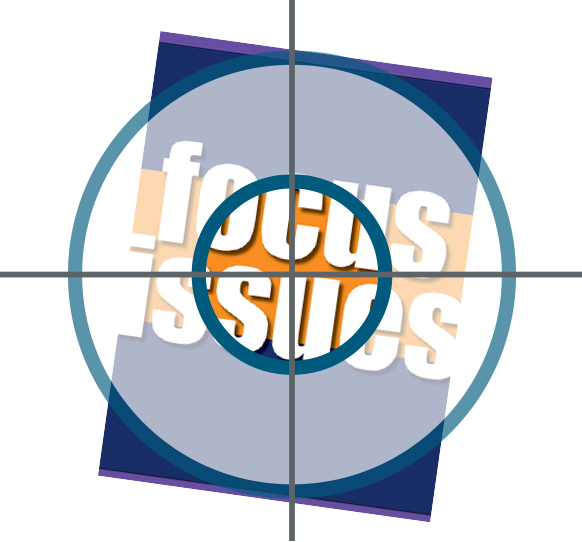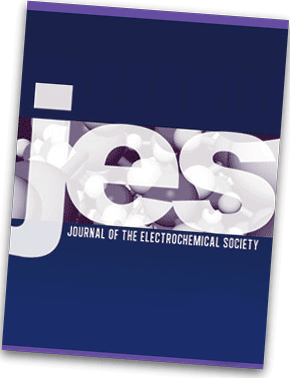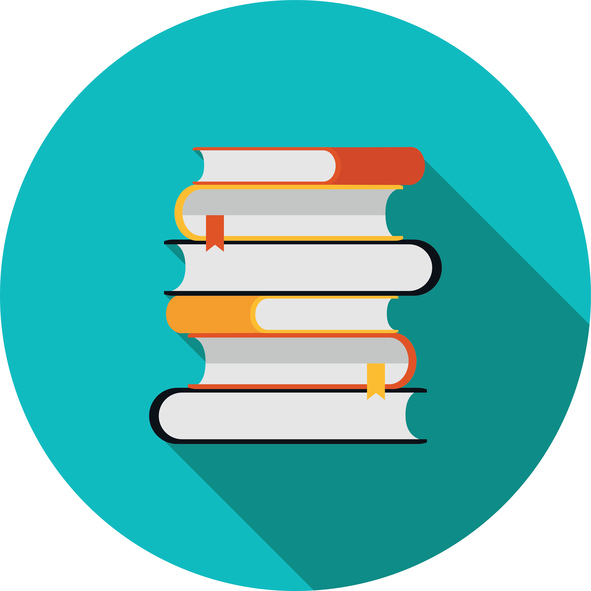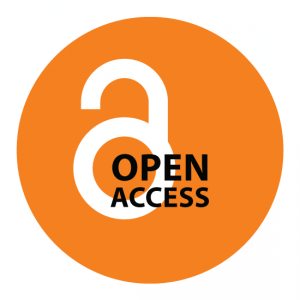 To date, the ECS Digital Library contains over 40 completed focus issues across the Journal of The Electrochemical Society and the ECS Journal of Solid State Science and Technology.
To date, the ECS Digital Library contains over 40 completed focus issues across the Journal of The Electrochemical Society and the ECS Journal of Solid State Science and Technology.
All of these issues, devised to highlight rapidly accelerating areas of scientific and technological interest, continue to attract significant attention from ECS’s readership.
During 2017, the average ECS focus issue received 12,495 full text downloads.
One particular focus issue of 2017, however, proved no average issue, acquiring nearly 9.5 times that amount.
The JES Focus Issue of Selected Papers from IMLB 2016 with Invited Papers Celebrating 25 Years of Lithium Ion Batteries amassed a whopping 119,465 full text downloads over the course of 2017, securing its place not only as the most read focus issue of the year, but also as the most read focus issue in ECS history.


 Over 1,840 articles were published in ECS journals in 2017, ranging from battery technology to materials science. Among those articles, “
Over 1,840 articles were published in ECS journals in 2017, ranging from battery technology to materials science. Among those articles, “ In the Fall of 2011, Sarah Mackenzie, the maid of honor at my wedding, was diagnosed with a rare form of ovarian cancer. Sarah and her family were motivated to learn as much as they could about the disease to advocate for her care. They weren’t scientists, but they started searching the literature for relevant articles. One evening, Sarah called us, angry. Every time she found an article that might be relevant to understanding her disease, she ran into a paywall requiring $15-$40 to access it. Public money had paid for the research, yet she was barred from making any use of it. Luckily, she had us. Most people in Sarah’s position don’t have the luxury of friends at wealthy academic institutions with subscriptions to the literature.
In the Fall of 2011, Sarah Mackenzie, the maid of honor at my wedding, was diagnosed with a rare form of ovarian cancer. Sarah and her family were motivated to learn as much as they could about the disease to advocate for her care. They weren’t scientists, but they started searching the literature for relevant articles. One evening, Sarah called us, angry. Every time she found an article that might be relevant to understanding her disease, she ran into a paywall requiring $15-$40 to access it. Public money had paid for the research, yet she was barred from making any use of it. Luckily, she had us. Most people in Sarah’s position don’t have the luxury of friends at wealthy academic institutions with subscriptions to the literature.
 A
A  A copyright battle between ResearchGate and a handful of publishing giants continues as the academic social network bends to pending legal pressure, restricting access to at least
A copyright battle between ResearchGate and a handful of publishing giants continues as the academic social network bends to pending legal pressure, restricting access to at least 